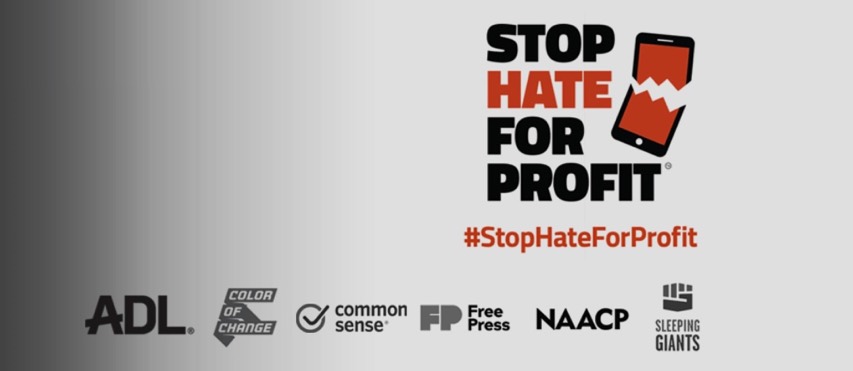|
More Info
Blog Categories
Latest News
» details
|
Facebook Ads Boycott – Did It Really Work?[ Back to News Page ] Dated: 06-Aug-2020
1100 companies joined together to boycott Facebook Ads. Yet, Ad spending data reveals no or little impact on Facebook revenues. The Stop Hate for Profit boycott on Facebook Ad feature saw more than 1100 companies join efforts. These included major household brands of today as well. Even then, Facebook’s overall profits aren’t expected to have much of a dent in them at all. Major Brands Constitute Only 6% Ad RevenuesFor Facebook ads, the top 100 brands (by spending) only count for about 6% of the earnings. This comes from Facebook and an analysis by Pathmatics. In another study, Digiday reported 56% agency clients had stopped spending on Facebook in the month of July due to the implications of the boycott. 40% clients continued their spending and the remaining 4% weren’t sure about it. Facebook shares are back on track after the initial stock market decline that saw a $60 billion wipeout in its market cap and are expected to make further gains depending on if newer results can beat wall street expectations. Spending reductions due to Covid-19 and effects of this boycott are factored in the overall earnings estimates. Boycott Failed to Have Its Demands MetThe Stop Hate for Profit campaign posted a set of 10 recommendations that were based on changes it wanted Facebook to adopt. Majority of which have not actually been adopted. This is despite the boycott getting considerable publicity for the issue of hate speech and disinformation posted on the social media platform. However, the social media giant has made few changes and issued public statements that they will try to do a better job addressing the hate speech issue and also the fake news issued on the platform. Facebook also pledged to help register no less than four million voters and also made other pro-civil rights commitments. Also, important to note is some of these commitments were already in the works even before the boycott. The company also defiantly defended its stand on the fact that it did not profit from hate speech in any shape or form. Facebook also privately bet that it can outlast the boycott. According to data from an independent platform Madgicx suggested that Facebook ad spending for July actually increased instead of going down. Data from Madgicx for JulyFrom their own calculations, Madgicx declared that average daily Facebook and Instagram ad spend (via the Madgicx platform) in June was $3.78 million. This figure for July was $3.83 million. The last 10 days of July saw an average spend of $3.94 million. The independent company also added that it had seen actual advertiser growth starting from end of May. Madgicx data comes from roughly 20,000 advertisers with 65% from North America, 25% from Europe and remaining 10% APAC. The company also believes that this data represents the wider Facebook prospect for other regions as well. Not Many SMBs Could Actually QuitPurpose of the boycott campaign was to stop advertising on Facebook for the month of July. With majority of Facebook’s ad revenue coming from small business advertisers, big companies stopping didn’t have much of an impact. Especially, with the Covid-19 in full effect currently, many SMBs couldn’t pause their Facebook ad campaigns. Also, many larger brands who paused ads in July, said they will resume in August. Lack of awareness among end consumers has to be seen as a major strategic failure for the Stop Hate for Profit campaign. Purpose may be right but more measures needed to be taken in order for it to be more successful and impactful. |
 :
:  :
:  :
:  :
:  :
: 







 USA
USA UK
UK CA
CA UAE
UAE
